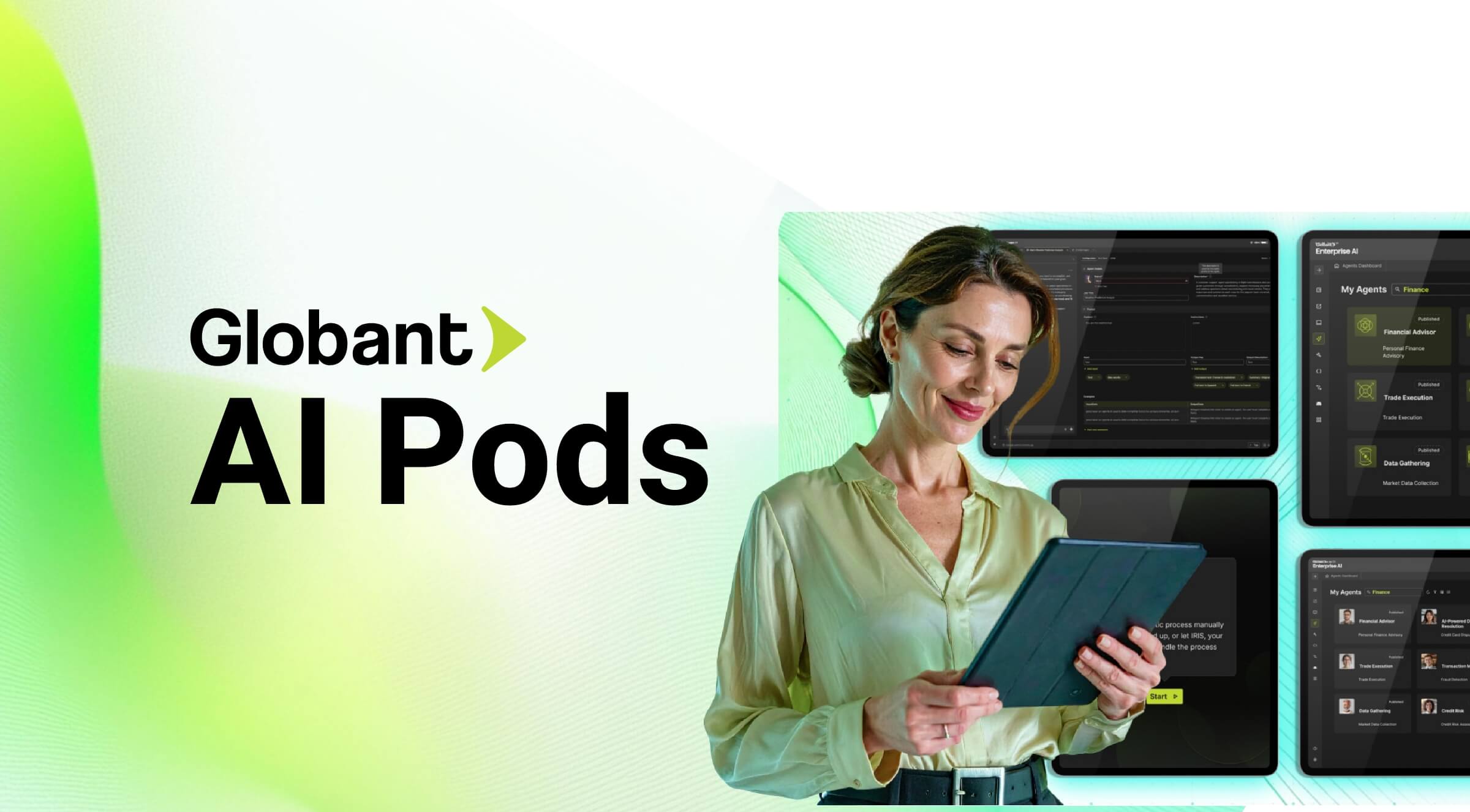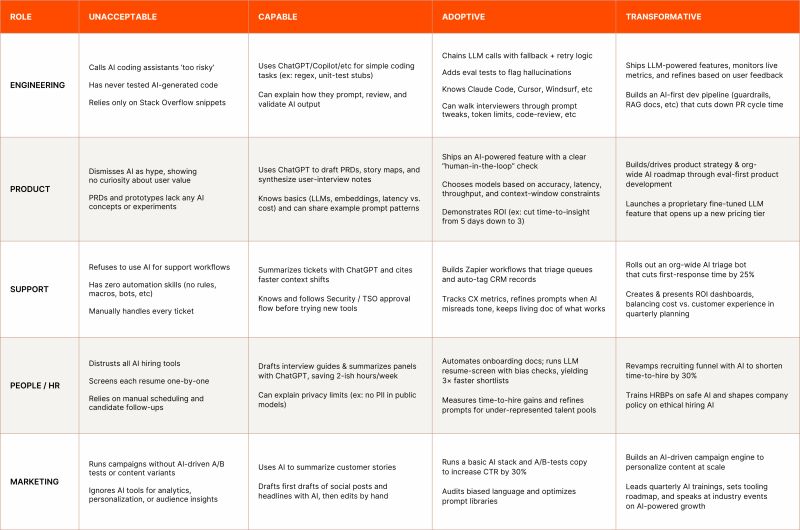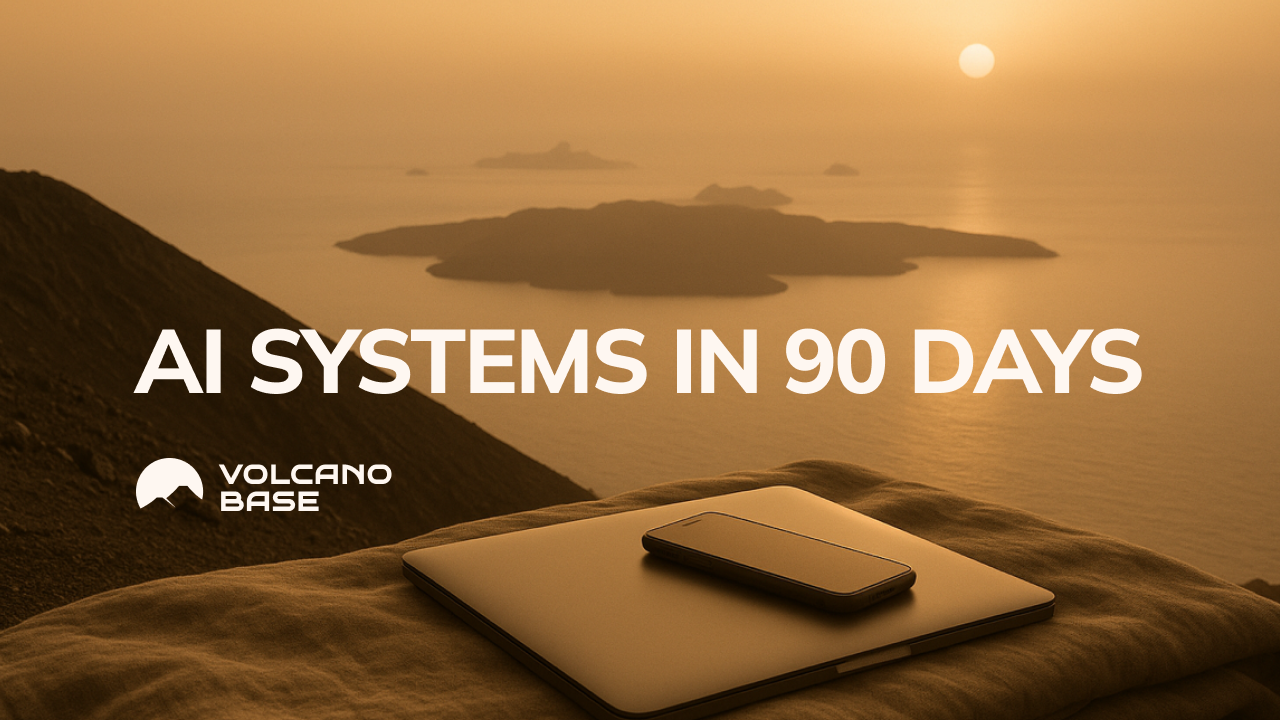Schrödinger’s employee

”Technology is a word that describes something that doesn’t work yet.” Douglas Adams
Previously at the Volcano Base I’d been avoiding roller-skating horses. Since then, I did a 13 hour round trip to a funeral in Wales while trying to juggle a bunch of simultaneous projects.
Mission Briefing
Schrödinger’s Employee
For this week only, I work at five companies. None of them know I exist.
Well, they do, but only as a mysterious in-house AI person who never appears in team photos and always “just left for another meeting.” I am Schrödinger’s employee: both integral and entirely external.
Each firm proudly declares their AI expertise was hand-reared in the artisanal caves of the internal team, while I juggle five Google calendars, three Microsoft accounts, and a growing suspicion that my password manager hates me.
Logging in has become a form of modern dance. Two-factor authentication? More like twelve.
Have you ever logged into the wrong company and given the right advice to the wrong team?
Just me?
Classified Intel
Some interesting stuff I discovered on my adventures.

Globant has dropped the dusty old consulting model and unveiled AI Pods - a subscription-based, token-metered service that blends agentic AI tools with human oversight. Think of it as Spotify for software engineering, minus the algorithmic guilt. These Pods handle everything from code to QA using a model-agnostic infrastructure, already proving their worth across finance, retail, and media. For those building systems, or hiring people who do, this signals a shift: AI isn’t just automating tasks, it’s reshaping the contracts.
Demis Hassabis On The Future of Work in the Age of AI
WIRED Editor Steven Levy sits down with Google DeepMind CEO Demis Hassabis for a deep dive discussion on the emergence of AI, the path to Artificial General Intelligence (AGI), and how Google is positioning itself to compete in the future of the workplace. It’s a thoughtful and nuanced conversation, describing a bumpy and painful path through the next five years, to something much more positive.
Zapier now assess the AI fluency of all new potential hires

Zapier is now explicitly evaluating AI fluency in every candidate, mapping applicants to four clear tiers: Unacceptable, Capable, Adoptive, and Transformative. And they're assessing this through screening questions, exercises, and interviews. They even require all new hires to reach a baseline of AI competence, and promise to equip everyone (no matter where they start) with training, worked examples, and tools as part of the process . For independent operators and small teams, this is a signal flare: the bar is rising, and AI agility is becoming a core hiring, and therefore operational, requirement, not just a bonus.
Denmark gets more serious about digital sovereignty

Denmark is ramping up its digital sovereignty game. Copenhagen and Aarhus councils have announced plans to ditch Microsoft 365, Teams, and Azure, citing real concerns that U.S. administrations could pull the plug on essential digital services at a moment’s notice. They didn't mention how crap Microsoft products are ;) David Heinemeier Hansson notes this is just the tip of the iceberg in a Europe-wide reevaluation of reliance on American Big Tech, stressing that “digital sovereignty isn’t easy, but neither is securing a sovereign energy supply”.
For readers obsessed with systems, this is a wake‑up call: the cloud isn’t just convenience, it’s a strategic dependency, one that national governments are now treating like critical infrastructure.
Your data is not shared. Unsubscribe with 1 click.












Member discussion